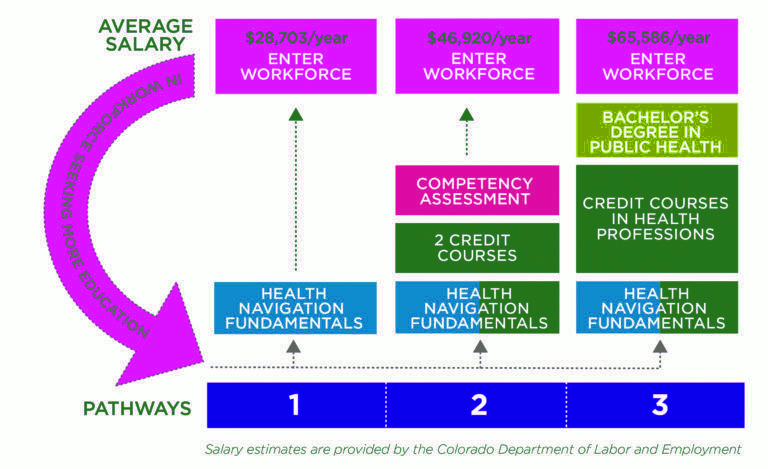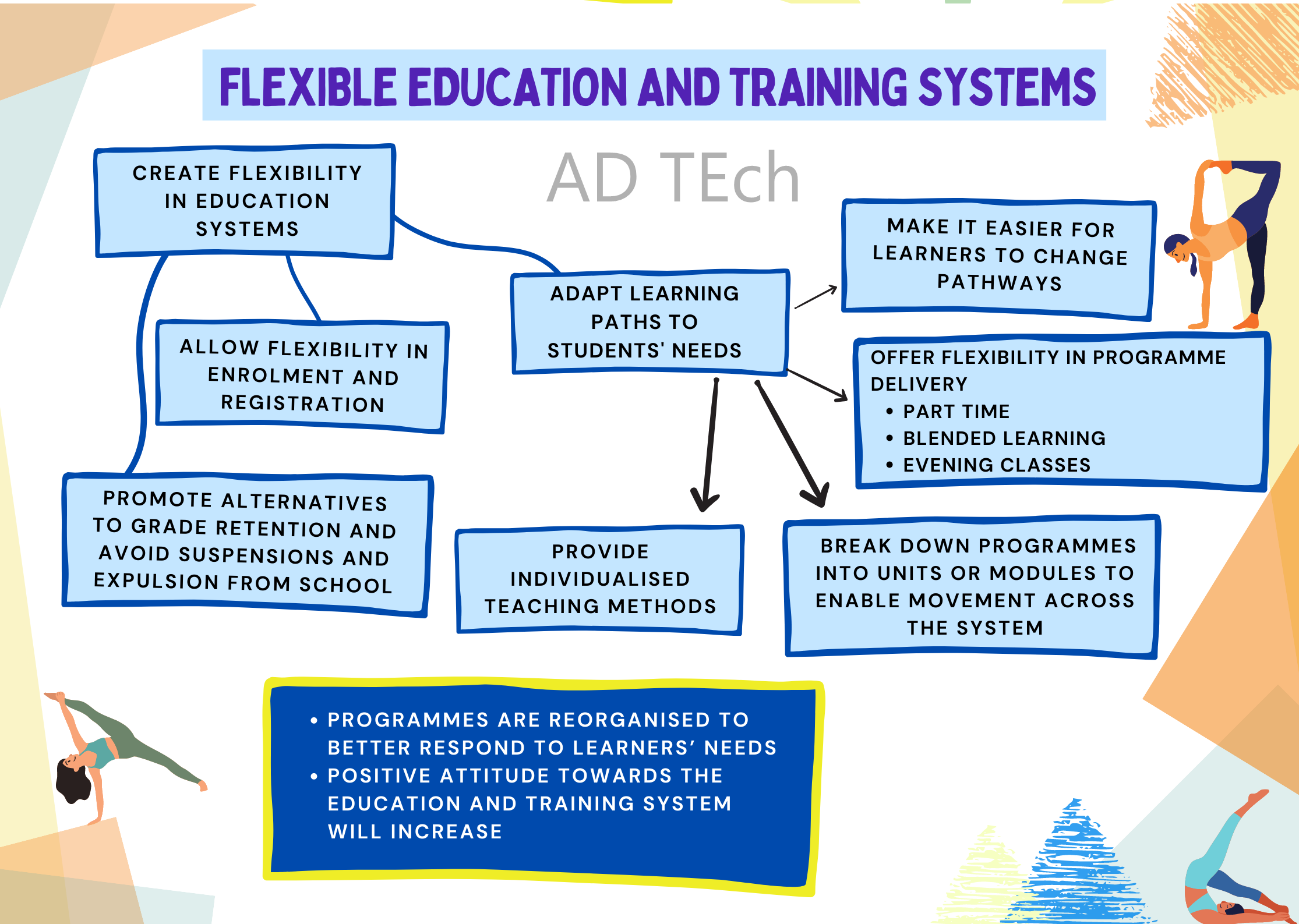Is the future of education stacked credit?

In this article, we discuss why Is the future of education stacked credit and introduce one of the most innovative examples of stackable credits recently launched in the UK.
Is the future of education stacked credit? The educational system must adapt in our rapidly changing world if we are to teach the necessary skills to fill critical skill gaps and prepare the next generation of workers as well as the workforce of today.
At FutureLearn, we’re dedicated to assisting the UK higher education sector in adapting to the shifting needs of society, particularly those of businesses and students. We presented an insightful panel discussion on stackable credits at the Times Higher Education Digital Universities UK event earlier this month.
We convened scholars from our affiliated universities and specialists in higher education to deliberate on the emergence of snackability and its significance. We received comments regarding the stackable from Nottingham Trent University and King’s College London.
What Is the future of education stacked credit?
Upon enrolling in a conventional degree program, you typically study modules, each of which awards credits. For instance, completing all of your modules will often result in 120 credits, or 1200 study hours, over the course of a full academic year.
A more adaptable approach to the academic credit system may be provided by stackable credits. They can serve as stepping stones for more extensive certifications from school, such degrees. Credible online education companies offer courses that you can complete to receive credits, which can then be added to one another to form a comprehensive qualification.
With the help of this new framework for higher education, people may now obtain high-level certificates more easily and flexibly, advance their careers, and encourage lifelong learning.
Read More:5 Best Role of EdTech in Preparing Students for the Future Job Market
Why are stackable credits important now?
In fact, stackable credits have been in use for a number of years in the US. The fact that 16% of all US degree holders in 2022 had previously earned a stackable certification shows how important these credentials have become.
It’s now time for the UK and other higher education sectors to pay attention. We’ve discussed the reasons stackable credits are becoming more and more significant for students, higher education institutions, and the UK government below.
Why stackable credits matter to learners
It’s evident that there is an increasing need for approved online courses. The number of students using the Future Learn platform to enroll in our collection of more than 50 micro credentials has increased by more than 30% annually.
Are you unsure of what micro credentials are? Our micro credentials at Future Learn are one-time, academically credit-bearing courses that resemble a term-long module at a typical university. On the other hand, you can study fully online, whenever and wherever you want, if you have a Future Learn micro credential.
Not only did enrollments rise, but 30% of microcredential learners on FutureLearn said that they enrolled in order to receive college credit. This demonstrates that students enrolled in approved online courses are motivated to obtain certifications and possibly combine them to obtain a full degree.
Why stackable credits matter to higher education institutions
Our partner universities are showing more interest in offering micro credentials on our platform, according to Future Learn. As an illustration, one partner stated, “I envision stackable credits being fundamental to our Continuing Professional Development (CPD) and Short Course strategy,” in our most recent Future Learn partner poll regarding stackable credits.

The latest Holon IQ Survey 2023 supports this, as 95% of higher education officials surveyed indicated that they anticipate micro credentials will be integrated into the majority of university degree programs in the future.
In essence, allowing stacking credits at universities would enable them to provide more varied and adaptable course alternatives, which will increase access to education. At Future Learn, this is a major component of our purpose.
Why stackable credits matter to the UK government
In the government today, stackable credits are a hot topic and initiative. Beginning in 2025, UK citizens will have access to a loan entitlement equal to four years of post-18 education, which they can use at any point throughout their lifetime, thanks to the new Lifelong Loan Entitlement (LLE).

This loan can be used by students to cover the cost of courses that give stackable credits. At higher technical and degree levels (levels 4 to 6 at the time of writing), it will be offered for both full-time and modular study, whether or not they are offered at colleges or universities.
The LLE will close skills gaps and boost revenue for the institutions that provide the courses by fostering a more adaptable, stronger, and more accessible culture of lifelong learning in England.
Read More:The Power of Adaptive Learning: Personalized Education for All
Why are our partners offering stackable credentials?
The reasons why stacking credits can be of relevance to institutes of higher learning have already been covered. However, we heard from two of our partners, Nottingham Trent University and King’s College London, during our panel discussion at the Digital Universities Event UK.
Wyn Morgan, Senior Higher Education Advisor, moderated the panel discussion while FutureLearn’s Yvonne Chien joined our two professors.
King’s College London: How learners stack their credentials
We had the good fortune to have Dr. Mike Bennett, Head of Portfolio & Learning Design at King’s College London, participate in our panel discussion.
According to what he informed us, King’s has long acknowledged that understanding global concerns cannot be achieved through rigid disciplinary borders. Because of this, students can choose modules from throughout King’s to fulfill their unique professional requirements thanks to our stackable structure.
He went on, “Students must use an online interview and personal statement to defend their choices. “Ensuring students achieve both academically and professionally is our main goal.”
At King’s College London, stacking awards are essentially stacked, allowing students to progress from a Peart to a PgDip and ultimately a master’s degree. Now, thirty modules have been given the all-clear to stack, and they aim to
Nottingham Trent University: How learners stack their credentials
Dr. Mel Bull, Nottingham Trent University’s assistant head of postgraduate and executive education, was a lucky addition to our panel discussion.
“We are more aware of the specific needs that businesses have when it comes to how they want education to be provided,” the spokesperson stated. And that’s the area in which developing a flexible framework has been our main focus.
Bull went on, “We decided early on that we wanted a multidisciplinary framework.” “We are able to accomplish this because Nottingham Trent University established the School of Professional Continuing Education, a quasi-faculty. Although academically driven, this complements our current faculty.
Earn academic credit from Nottingham Trent University
This is a really revolutionary stackable credential offered by NTU’s business school. You are able to take micro credentials offered by other universities in addition to NTU in order to obtain your Postgraduate Certificate in Leadership and Management Practice. This certification demonstrates how snackability has the potential to revolutionize education by providing unprecedented flexibility.
Do you want to begin working on a postgraduate certificate in leadership and management? See below for our three NTU micro credentials, each worth ten credits that can be applied toward the certification.
What are the benefits of stackable credits for learners?
If you’re considering going back to school and possibly earning a certification or degree soon, you might be asking yourself, “What’s in it for me?” The main advantages of stacking credits for students are discussed below.
1. An accessible online learning experience
The majority of courses that grant stackable credits are entirely online, asynchronous, and comprise pre-recorded content. This means that you can enroll whenever it is most convenient for you, as opposed to being constrained by academic terms.

2. Recognisable awards or certifications for hard work
While obtaining a full degree is a hassle for some people, everyone wants their learning to be acknowledged in order to advance in their careers. Stackable credits enable individuals to get nationally recognized credentials that are career-focused.
3. Flexible routes to achieving a degree
With all of the social advantages that come with attending a typical university, many students might be content. There are, nevertheless, many university students who manage their time between employment, family responsibilities, and other commitments. More adaptable degree alternatives, including online degrees and certifications with stackable credits, will be available to them.

4. Affordable and high-quality learning
Generally speaking, courses with stackable credits are less expensive than traditional degrees, or at the very least, the expense is distributed in a much more reasonable manner. They typically charge on a “pay as you go” basis.
This saves students thousands of pounds they don’t have to spend on learning the skills necessary to secure a job that is in demand. But considering that student loans are available in the UK, you might be asking if this is actually more inexpensive.
This is where the Lifelong Loan Entitlement comes into play, since starting in 2025, students will be eligible for loans for shorter courses and certifications.
Final thoughts
There you have it, then. In the field of higher education, stackability is already bringing about some fascinating breakthroughs, and this trend is only going to get stronger.
We at Future Learn are excited to be leading the way in stackable credits and anticipate continuing to expand our offering of stackable certifications and courses in the years to come.











